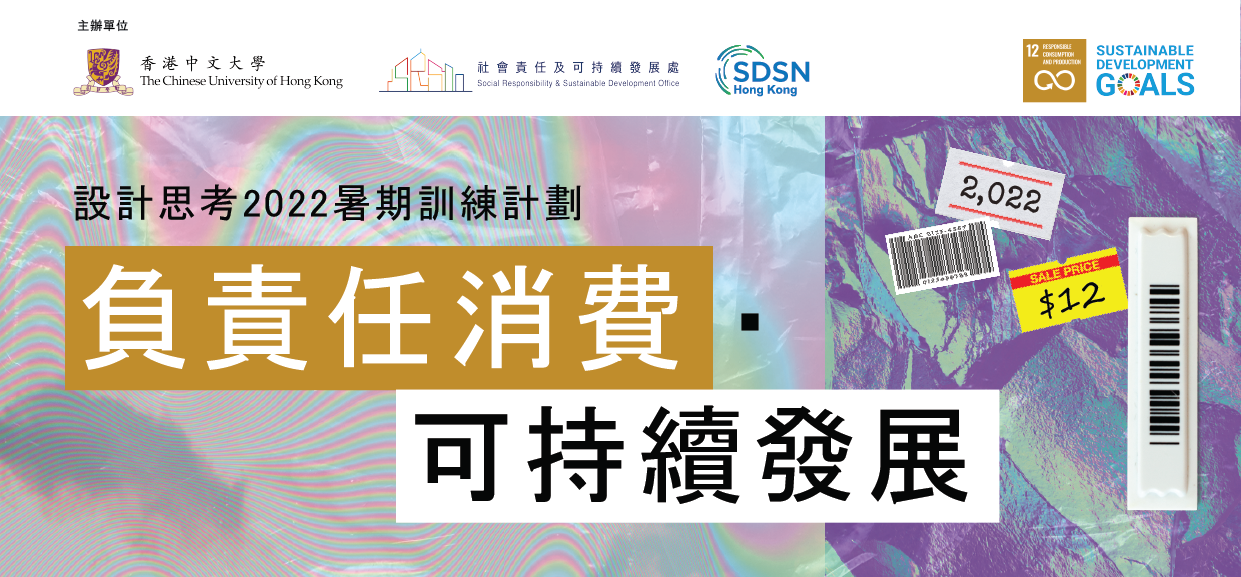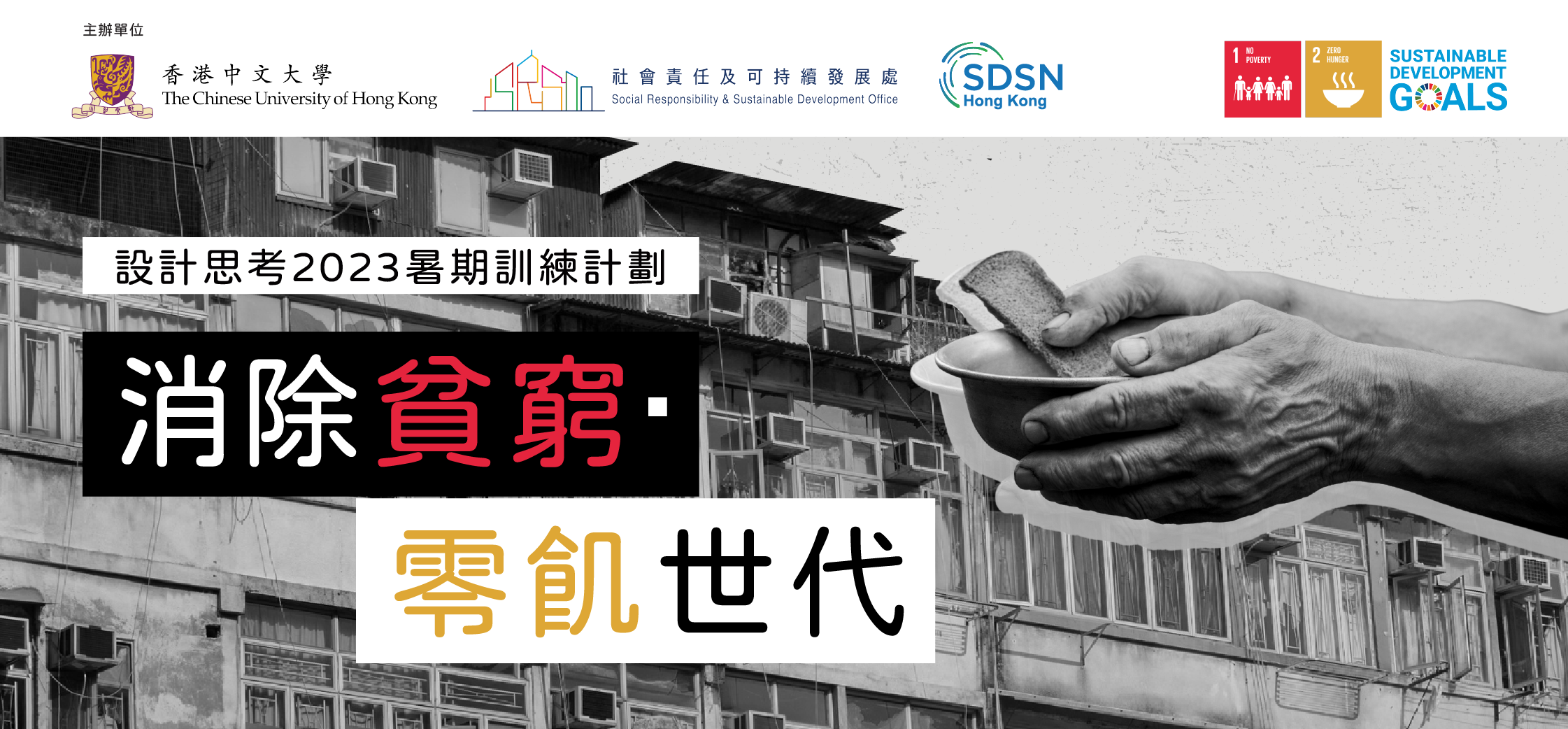The MoCC Ambassadorship recognizes and provides financial support for outstanding CUHK students who would like to become active ambassadors to call for climate action and promote sustainability on and off the CUHK campus. MoCC Ambassadors undergo knowledge training in climate change, sustainability and museum operations.
Upon completion of the training, each MoCC Ambassador is required to intern at the MoCC to pursue, under supervision, experiential learning that has educational benefits for the Ambassador and is relevant to the MoCC’s operational and outreach activities.
 |
Applications are open to all undergraduate and postgraduate students of CUHK.
Interested students should complete the online application form by 11:59 pm on 19 September 2025(Friday).
Shortlisted applicants will be invited to attend a selection interview to be held between 18 and 19 September 2025 (Wednesday to Friday) or 25 and 26 September 2025 (Wednesday to Friday)
Application Deadline
19 September 2025 (Friday), 11:59 pm
Selection Interview
18 September to 19 September 2025 (Thursday to Friday) or 25 September to 26 September 2025 (Thursday to Friday)
Training Courses (tentative)
4 and 11 October 2025 (Saturday)
Assessment
Rehearsal Tour and Practice Tour (2 hours per session)
Late October (exact date to be confirmed)
Monthly Meetings
First Friday afternoon of each month (or the next Friday in case of a public holiday or inclement weather)
Please contact Jayson Chan at 3943 0817 or email jaysonchan@cuhk.edu.hk

|
Hong Kong produces over 15,000 tonnes of municipal solid waste per day, which includes 2,500 tonnes of waste plastics. Plastics are everywhere in our life as they are cheap, lightweight and durable. However, upon decomposition to microplastics, they can infiltrate into our water, air, soil, etc., posing severe threats to the environment and ecology. In Spring 2022, scientists announced they have found microplastics in human blood for the first time. In recent years, countries have come to recognize the importance of responsible consumption and going plastic-free. The practices of reducing the use of plastic materials, especially single-use plastic products, and using other alternatives have been explored and adopted. The Social Responsibility and Sustainable Development Office (SRSDO) of The Chinese University of Hong Kong (CUHK) is pleased to offer the ‘Design Thinking Summer 2022: Responsible Consumption x Sustainable Development’ programme this Summer. Through trainings and workshops, design thinking and implementation of solutions, the programme educates participants on the importance of SDG 12 – Responsible Consumption and Production, and develops their communication, leadership and organization skills. The programme enables students to unleash their creativity in building a ‘responsible consumption’ campus and community, broaden their horizons and fulfil their responsibilities as global citizens. Programme Details (Chinese version only) |

|
The COVID-19 epidemic has led to a severe economic recession in Hong Kong. According to the ‘Hong Kong Poverty Situation Report 2020’ released by the Hong Kong government, before policy intervention, 1.653 million individuals were living in poverty within the city. The labour market has undergone a significant deterioration, marked by a sharp rise in the annual unemployment rate, which has reached 6.5%—the highest level in 16 years. This has led to a reduction in income or job loss among grassroots, resulting in a concomitant increase in the number of individuals seeking emergency food assistance from the Social Welfare Department, for instance, the number of recipients increased by 20% to 62,000 in 2021. As Hong Kong is ranked as the second highest cost of living city in the world, it raises the question of how the economically disadvantaged can afford basic necessities.
Poverty in Hong Kong is a long-standing issue. As a member of society, it is crucial for secondary school students to gain a comprehensive understanding of the challenges faced by grassroots citizens and explore how to contribute to poverty alleviation. The Social Responsibility and Sustainable Development Office of The Chinese University of Hong Kong is pleased to offer the ‘Design Thinking Summer 2023: No Poverty and Zero Hunger’ programme this Summer.
Through training and workshops, design thinking, and short video production, the programme aims to educate participants on the importance of SDG 1 (No Poverty) and SDG 2 (Zero Hunger), develop their sense of empathy, and sharpen their communication, leadership and organization skills. The programme enables students to unleash their creativity in building ‘No Poverty and Zero Hunger’ campuses and communities, broaden their horizons and fulfil their responsibilities as global citizens.
Programme Details (Chinese version only) |
Young adults passionate about climate action often lack the necessary institutional support and visibility in their communities. Many of our exemplary MoCC Alumni, as they embark on a new journey after graduation, are of no exception. The MoCC Scholars initiative was launched during the 10th anniversary of the CUHK Jockey Club Museum of Climate Change to bridge this gap by providing:
To nurture the new generation of climate leaders, the MoCC has set aside resources to support projects initiated by the MoCC Scholars, bringing these young climate enthusiasts’ innovative ideas to life and enabling the creation of meaningful and impactful change towards sustainable development and climate action.
|
|
|
A well-curated resources hub packed with information on environmental protection, climate change and sustainable development, and designed to inspire the public to take action to combat climate change.
